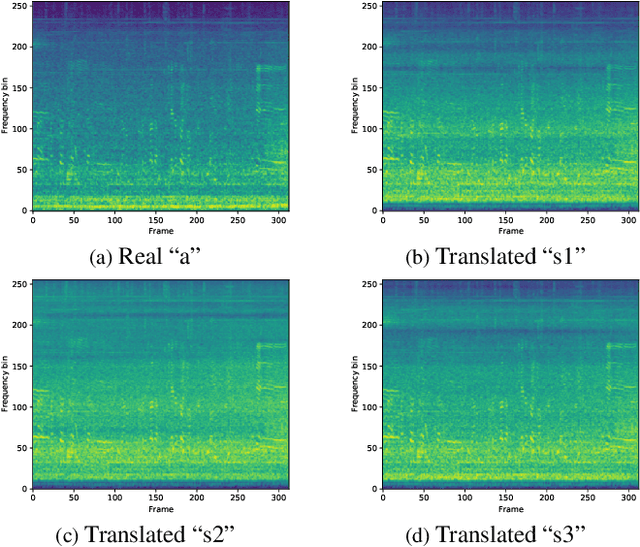QTI Submission to DCASE 2021: residual normalization for device-imbalanced acoustic scene classification with efficient design
Paper and Code
Jun 28, 2022



This technical report describes the details of our TASK1A submission of the DCASE2021 challenge. The goal of the task is to design an audio scene classification system for device-imbalanced datasets under the constraints of model complexity. This report introduces four methods to achieve the goal. First, we propose Residual Normalization, a novel feature normalization method that uses instance normalization with a shortcut path to discard unnecessary device-specific information without losing useful information for classification. Second, we design an efficient architecture, BC-ResNet-Mod, a modified version of the baseline architecture with a limited receptive field. Third, we exploit spectrogram-to-spectrogram translation from one to multiple devices to augment training data. Finally, we utilize three model compression schemes: pruning, quantization, and knowledge distillation to reduce model complexity. The proposed system achieves an average test accuracy of 76.3% in TAU Urban Acoustic Scenes 2020 Mobile, development dataset with 315k parameters, and average test accuracy of 75.3% after compression to 61.0KB of non-zero parameters.
 Add to Chrome
Add to Chrome Add to Firefox
Add to Firefox Add to Edge
Add to Edge